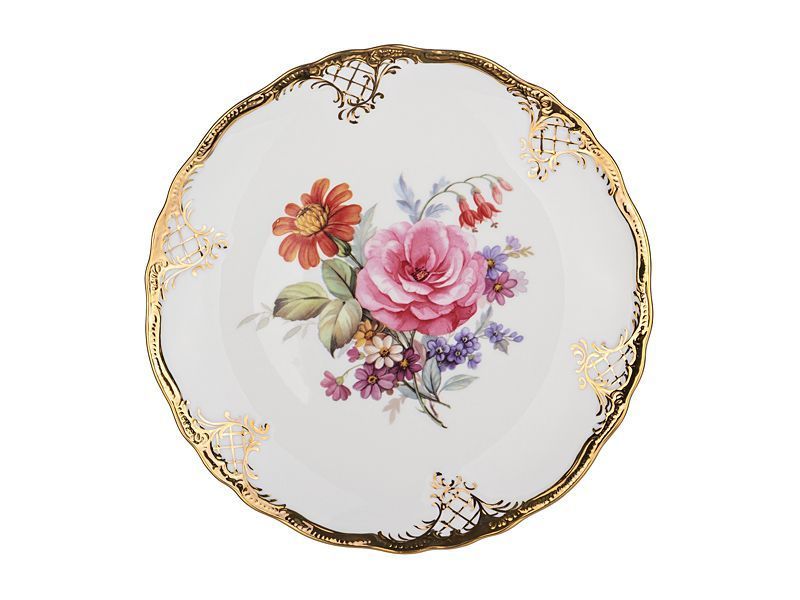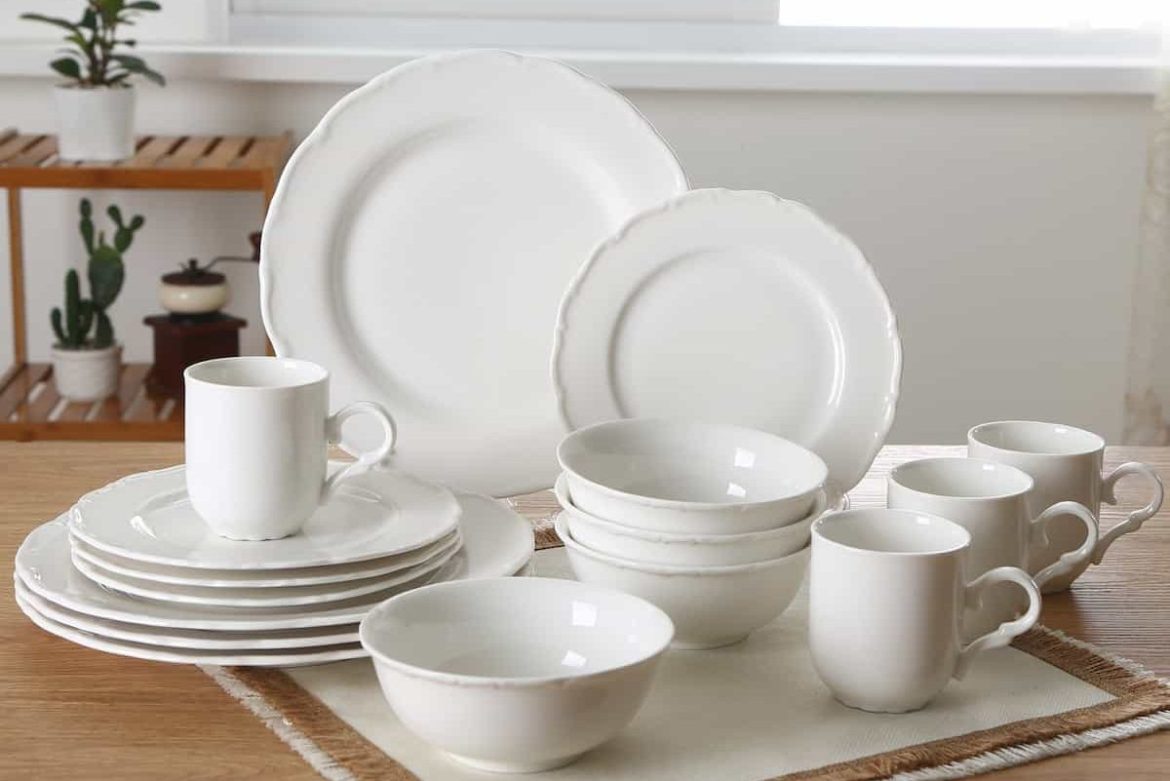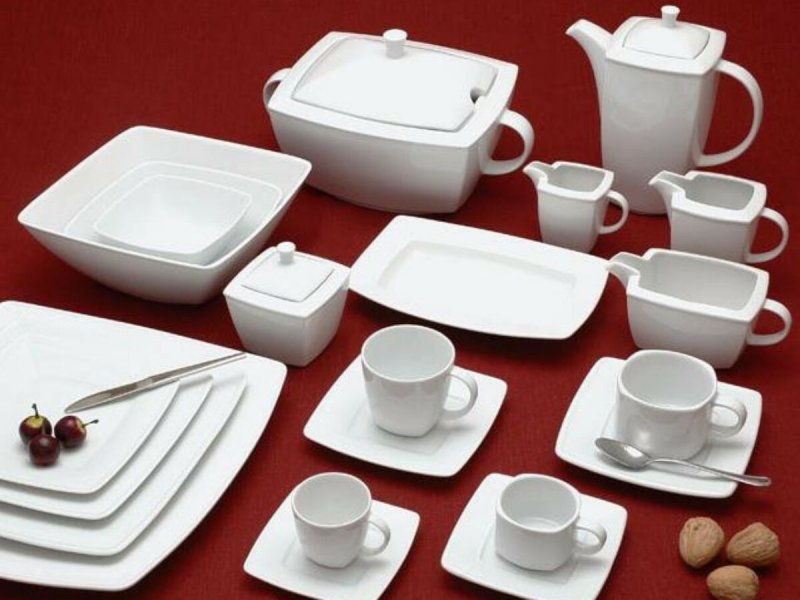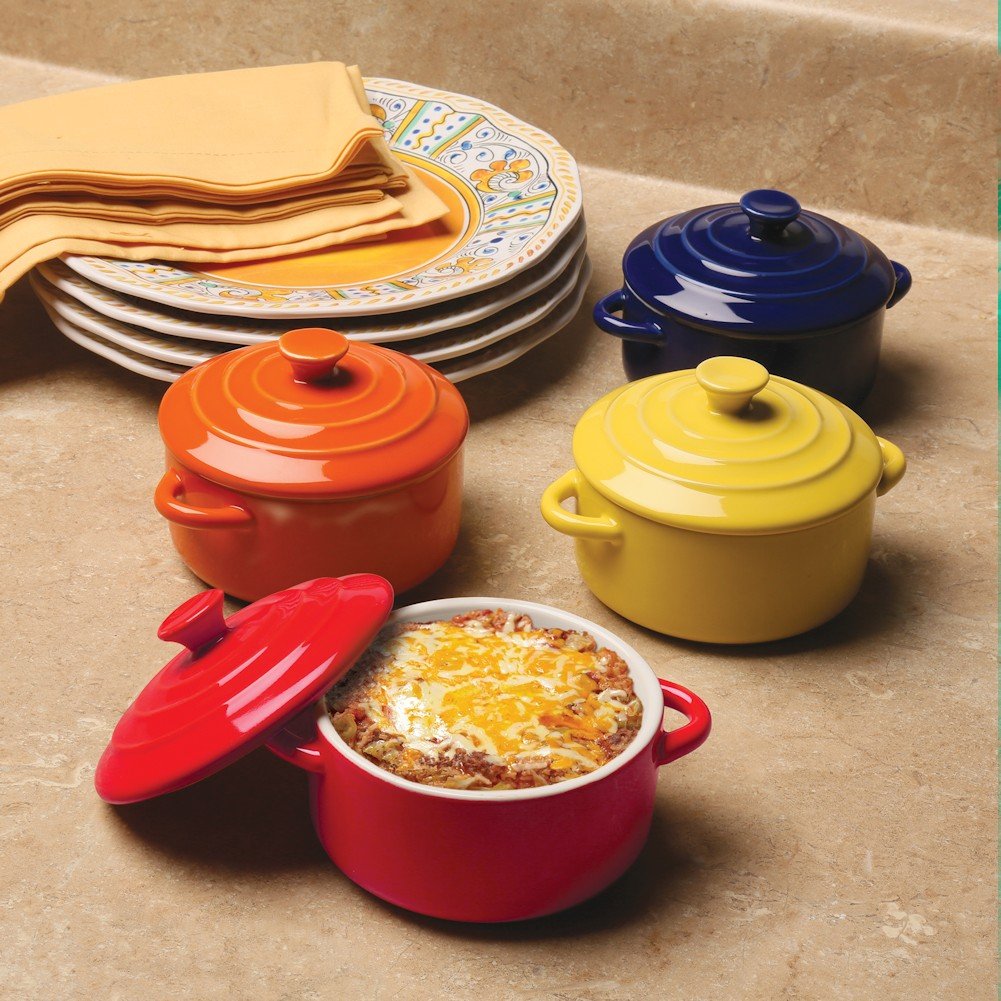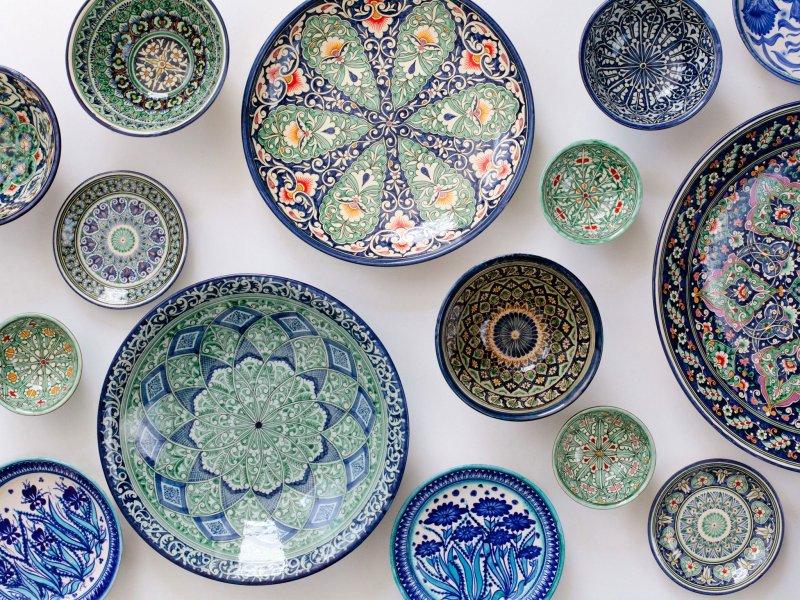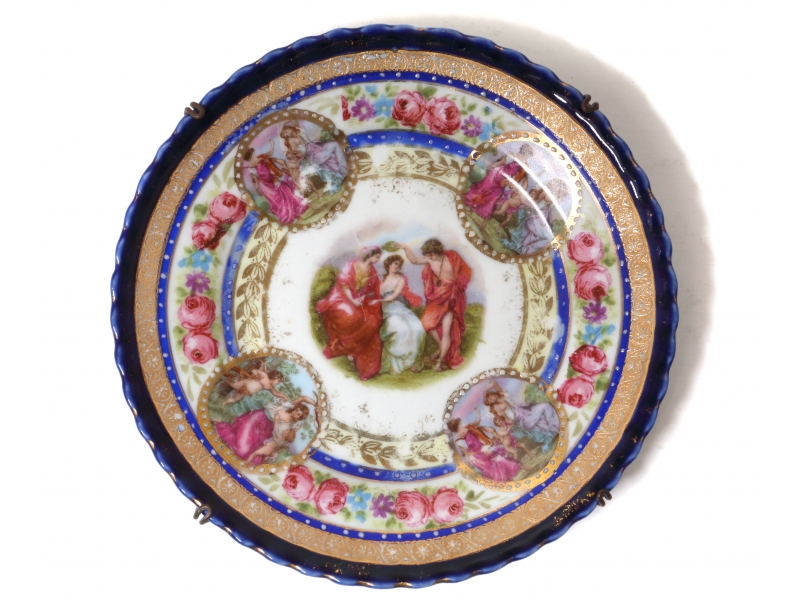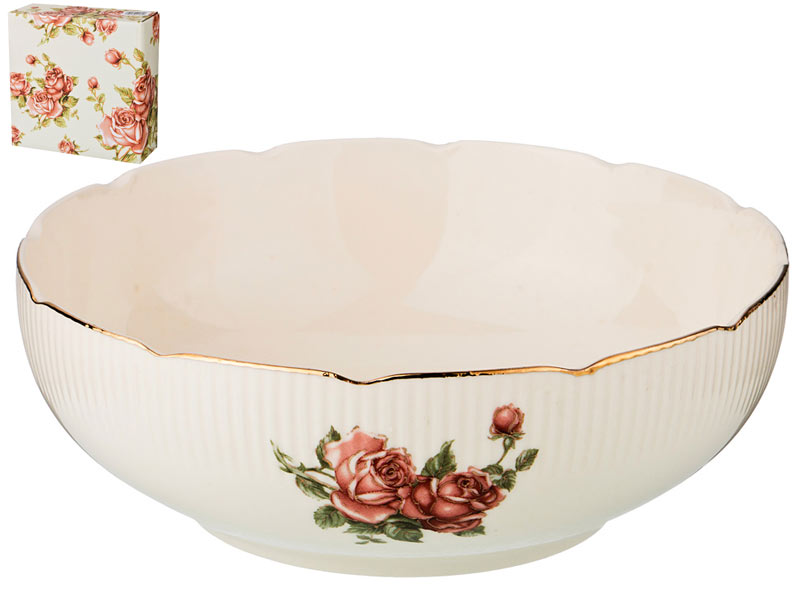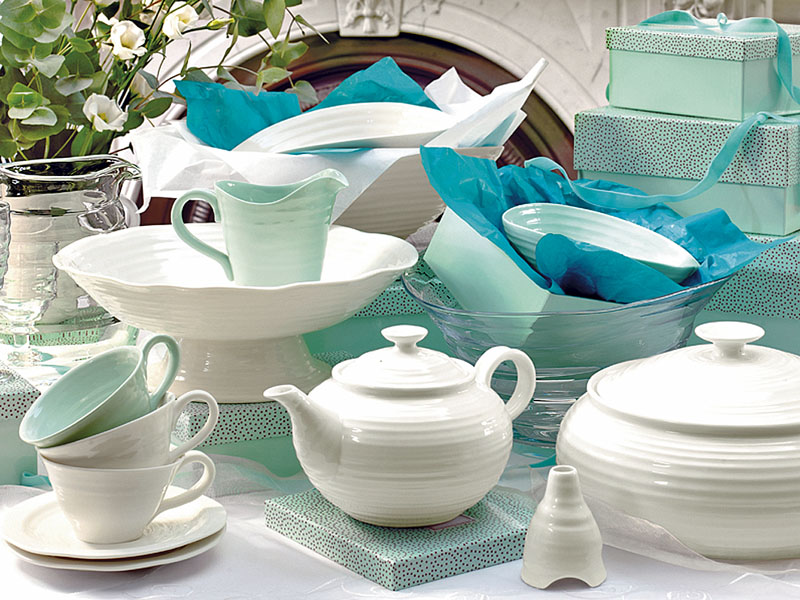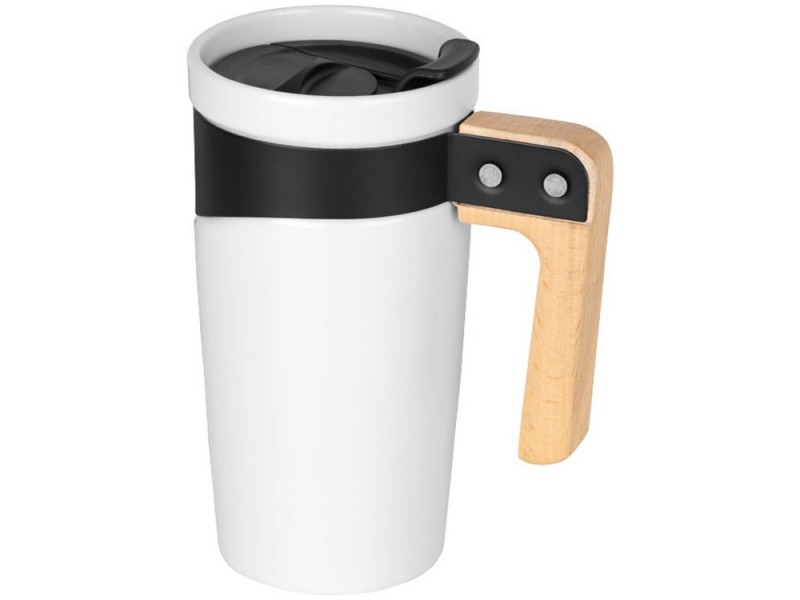Porcelain glass, also referred to as glass-ceramic or vitroceramic, is a versatile and high-performance material that combines the qualities of both glass and ceramic. It is produced through a controlled heating and cooling process, which results in a material that is more durable, heat-resistant, and mechanically stronger than traditional glass.
The composition of porcelain glass typically includes silica (SiO2) as a major component, along with various other oxides such as alumina (Al2O3), magnesia (MgO), and titania (TiO2). The exact composition can vary depending on the desired properties and applications of the material.
One of the key properties of porcelain glass is its high thermal shock resistance. This means that it can withstand rapid changes in temperature without cracking or breaking. This makes it suitable for a wide range of applications where exposure to high temperatures, such as in cookware and fireplace doors, is common.
Porcelain glass also has excellent chemical resistance, making it highly resistant to corrosion and staining. It does not react with most acids, alkalis, or other chemicals, making it ideal for use in laboratory equipment, chemical processing, and other environments where resistance to chemical attack is crucial.
In addition to its thermal and chemical resistance, porcelain glass has excellent mechanical strength, making it resistant to scratches, impacts, and wear. This property, combined with its high hardness and low porosity, makes it suitable for applications where durability is a priority, such as in kitchen countertops, bathroom fixtures, and flooring.
Another advantage of porcelain glass is its aesthetic appeal. It can be manufactured in a variety of colors, patterns, and textures, allowing for creative and customized designs. Its smooth and non-porous surface also makes it easy to clean and maintain, further enhancing its suitability for use in domestic and commercial settings.
Porcelain glass finds applications in a wide range of industries. In the culinary field, it is used to manufacture cookware, bakeware, and kitchenware due to its heat resistance and easy cleaning ability. It is also utilized in the construction industry for manufacturing tiles, countertops, and façades due to its durability and aesthetic appeal.
The medical and scientific community also benefits from the use of porcelain glass. Its chemical resistance, bio-compatibility, and excellent thermal properties make it an ideal material for laboratory equipment, such as crucibles, petri dishes, and test tubes. It is also used in dental prosthetics, as it can be engineered to closely mimic the appearance and properties of natural teeth.
Moreover, the electronics industry utilizes porcelain glass due to its electrical insulation properties, high dielectric strength, and low thermal expansion coefficient. It is commonly used in the production of electronic components such as insulators, substrates, and circuit boards.
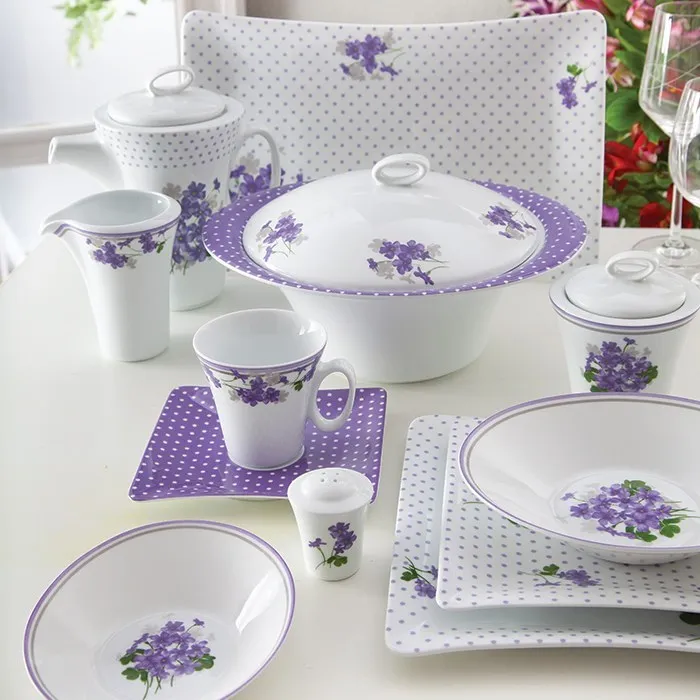
In recent years, there has been a growing interest in utilizing porcelain glass in renewable energy technologies. Its high solar transmittance, low thermal expansion, and excellent thermal shock resistance make it an attractive option for concentrated solar power (CSP) applications. It can be used as a receiver material in solar thermal power plants, allowing for efficient conversion of sunlight into heat energy.
Despite its numerous advantages, there are a few limitations to consider when working with porcelain glass. One of the main challenges is its relatively high production cost compared to other materials. The complex manufacturing process, which involves precise control of heating and cooling cycles, contributes to the higher cost.
In addition, porcelain glass is relatively brittle compared to some other materials, such as metals or plastics. While it has excellent thermal shock resistance, it may still be susceptible to cracking or breaking under certain conditions, especially if subjected to extreme impacts or uneven stress distribution.
Furthermore, the customization and shaping of porcelain glass can be more challenging compared to other materials such as plastic or wood. Its hardness and strong structure make it less malleable, and extensive equipment and expertise may be required for intricate designs and specific shapes.
In conclusion, porcelain glass is a versatile and high-performance material that combines the qualities of glass and ceramics. Its exceptional thermal shock resistance, chemical resistance, mechanical strength, and aesthetic appeal make it suitable for a wide range of applications across various industries. From kitchenware to laboratory equipment and renewable energy technologies, porcelain glass offers unique advantages that make it a compelling choice for many applications. Despite some limitations, the continued innovation and advancement in manufacturing processes are expected to further broaden the potential uses of porcelain glass in the future.I. Introduction:
Porcelain glass, also known as glass-ceramic or vitroceramic, is a versatile and high-performance material that combines the properties of glass and ceramics. With its exceptional thermal shock resistance, chemical resistance, mechanical strength, and aesthetic appeal, porcelain glass finds applications in a wide range of industries. In this article, we will explore the various business applications of porcelain glass and discuss its benefits, limitations, and potential for future growth.
II. Culinary Industry:
In the culinary industry, porcelain glass is highly valued for its heat resistance and easy maintenance. It is commonly utilized in the manufacturing of cookware, bakeware, and kitchenware. Its ability to withstand high temperatures without cracking or breaking makes it an ideal choice for oven-safe dishes, pots, and pans. Additionally, its smooth and non-porous surface ensures effortless cleaning and prevents food from sticking, making it a preferred material for food preparation and serving.
III. Construction and Interior Design:
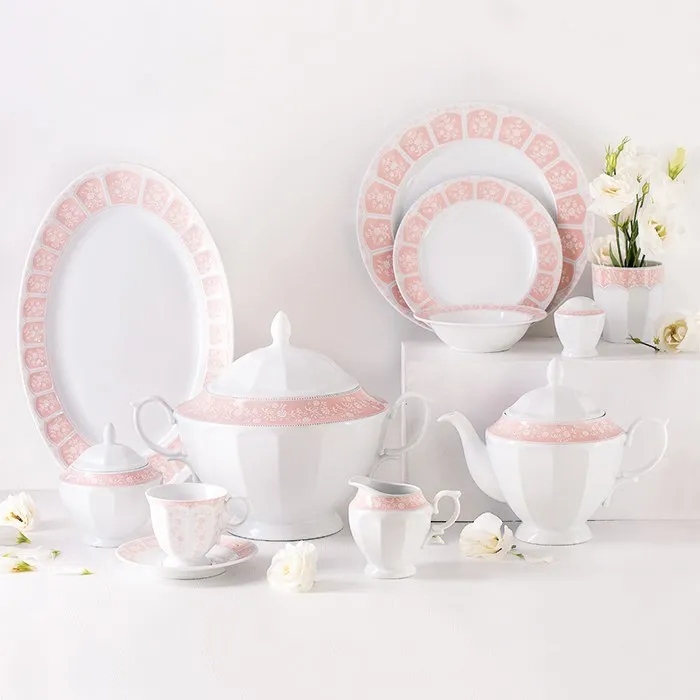
Porcelain glass’s durability, aesthetic appeal, and resistance to staining make it widely used in the construction and interior design sectors. It is frequently employed to manufacture tiles, countertops, and façades due to its high mechanical strength and low porosity. Porcelain glass tiles are known for their longevity and resistance to wear, making them suitable for high-traffic areas such as commercial spaces and residential floors. Its versatility allows for a wide range of designs, patterns, and color options, catering to different architectural and interior design preferences.
IV. Medical and Scientific Equipment:
The medical and scientific communities benefit greatly from the properties of porcelain glass. Its excellent chemical resistance and bio-compatibility make it an ideal material for laboratory equipment. Crucibles, petri dishes, test tubes, and other scientific instruments are commonly manufactured using porcelain glass. Its ability to withstand extreme temperatures and resist most chemicals ensures the integrity and reliability of experiments and analyses.
V. Dental Prosthetics:
Porcelain glass is widely used in the field of dentistry for the fabrication of dental prosthetics. Its ability to mimic the appearance and properties of natural teeth makes it an ideal choice for dental crowns, bridges, and veneers. The aesthetic appeal, durability, and biocompatibility of porcelain glass make it a preferred material for creating dental restorations that blend seamlessly with natural teeth.
VI. Electronics and Electrical Applications:
Porcelain glass possesses excellent electrical insulation properties, high dielectric strength, and a low thermal expansion coefficient. These features make it a valuable material in the electronics industry. Porcelain glass is commonly used in the production of insulators, substrates, and circuit boards, as it provides reliable electrical insulation and mechanical support to electronic components.
VII. Renewable Energy:
In recent years, porcelain glass has gained interest in renewable energy technologies, particularly in concentrated solar power (CSP) applications. Its high solar transmittance and thermal shock resistance make it an attractive material for solar thermal power plants. Porcelain glass can be used as a receiver material, efficiently converting sunlight into heat energy. Its low thermal expansion coefficient ensures optimal performance and compatibility with solar energy systems.
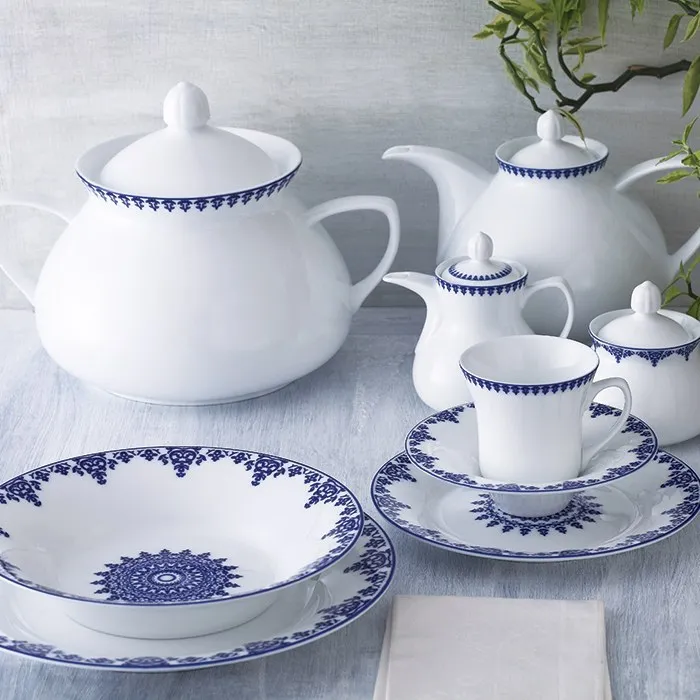
VIII. Limitations and Challenges:
While porcelain glass offers numerous advantages, it does have some limitations and challenges. One primary concern is the relatively high production cost compared to other materials. The complex manufacturing process, involving precise control of heating and cooling cycles, contributes to increased production costs. However, advancements in production techniques can potentially reduce costs in the future.
IX. Brittle Nature:
Porcelain glass, although highly resistant to thermal shock, is relatively brittle compared to other materials. Extreme impacts or uneven stress distribution can lead to cracking or breaking. This limitation must be considered in applications where impact resistance is crucial, requiring proper design and handling to prevent damage.
X. Customization and Shaping:
The customization and shaping of porcelain glass can be more challenging compared to other materials like plastic or wood. Its strong structure and hardness make it less malleable, requiring specialized equipment and expertise for intricate designs and specific shapes. However, advancements in manufacturing techniques, such as CNC machining and laser cutting, are enabling more precise shaping of porcelain glass.
XI. Future Potential and Innovation:
Despite its limitations, the potential for porcelain glass in various industries is continually expanding. Future innovations in manufacturing processes and materials science may lead to enhanced properties and reduced production costs. With increasing demand for durable, aesthetically pleasing, and sustainable materials, porcelain glass is likely to continue gaining prominence in business applications.
XII. Conclusion:
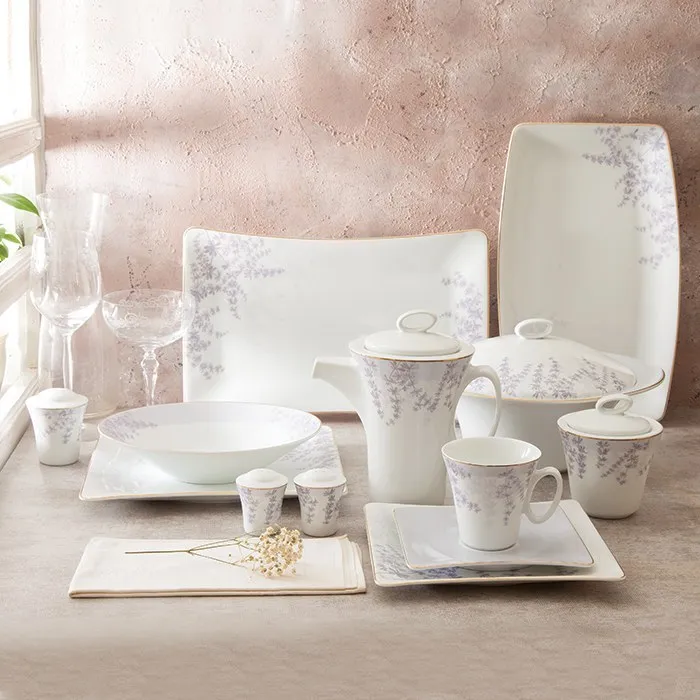
Porcelain glass is a versatile and high-performance material that offers unique properties and benefits for various business applications. From its use in the culinary industry for heat-resistant cookware to its extensive presence in construction, interior design, and laboratory equipment, porcelain glass proves its value across multiple sectors. While it has limitations, ongoing advancements and innovations hold the potential to further enhance the properties and reduce costs, expanding the role of porcelain glass in future business applications.
